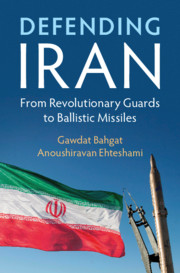The implementation of international humanitarian law (IHL) is confronted with many challenges. Some of them are inherent since IHL applies to armed conflicts: a situation must be classified before IHL can be applied. Existing implementation mechanisms either do not function at all or have their limits. In certain conflicts, such as asymmetric conflicts, and with regard to certain players, such as armed groups, it is particularly difficult to obtain respect of IHL. Beyond that, there is a perhaps even more dangerous challenge in perception.
The gap between the burgeoning promises of protection by the law made by doctrine, jurisprudence and sometimes even by States, and the systematic non-respect of that law, which (in the author's view wrongly) transpires from the media and NGO reports, undermines the credibility of the law and the willingness to respect it. The author advocates ways to reduce this gap.

